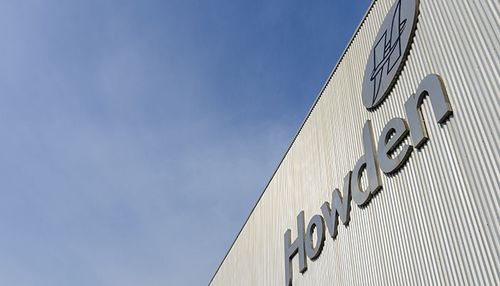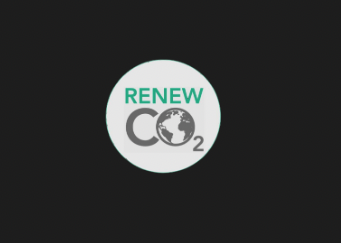Furno Materials has been selected to receive a $20 million grant from the U.S. Department of Energy (DOE) Office of Manufacturing and Energy Supply Chains (MESC).
Furno’s first of a kind modular cement plant was selected along with twelve other projects across America to strengthen domestic supply chains, eliminate harmful emissions, and return jobs to communities impacted by local coal plant closures. Located in Chicago, Illinois, Project OZ will showcase a new model for low carbon cement production, powered by Furno’s breakthrough technology and supported by Ozinga, one of the largest independent concrete producers in the United States, the company detailed in a news release.
Project OZ represents a major step toward onshoring cement production back to the U.S. and transforming the cement industry — responsible for 8% of global carbon emissions — with a new model for decarbonized, modular cement production, the company said.
“Furno Materials’ vision is to make cement production accessible for everyone anywhere. We do this by building plants that are standardized, decentralized, and decarbonized,” said Gurinder Nagra, CEO of Furno Materials. “Project OZ brings this vision to life by combining our advanced kiln technology with Ozinga’s industry expertise to produce the same high-performance cement, but with far fewer emissions. This plant will demonstrate how we can rapidly onshore production and drive down carbon emissions at scale. The Department of Energy’s funding accelerates our vision, and we look forward to working with the DOE on this project to produce clean cement directly at the demand site.”
The Three Pillars of Furno’s Vision: Standardize, Decentralize, Decarbonize
Standardize
Traditional cement plants are large, custom-built, and costly. Each one requires years of planning and billions of dollars to build. Furno’s approach is different. The Silicon Valley based startup has developed modular production units that can be built in a factory and deployed where needed. Project OZ will demonstrate that small, repeatable, standardized plants can be scaled quickly to meet market demand. This approach drives down costs and increases flexibility, making sustainable cement production more accessible.
Decentralize
Cement production is currently centralized, with large plants serving vast regions, leading to high transportation costs and logistical inefficiencies. Furno’s modular plants enable local production where cement is consumed. Project OZ will show that by decentralizing cement production, Furno can reduce transportation costs and carbon emissions while improving the supply chain’s responsiveness to shifts in demand.
Decarbonize
Concrete, the second most used substance on earth, accounts for 8% of global CO2 emissions. Regulatory pressure is pushing the cement industry to reduce its carbon footprint. Project OZ tackles this challenge head-on. Furno’s technology reduces CO2 emissions by replacing traditional coal-fired kilns with high-efficiency gas-based combustion — cutting fuel emissions by 70%. Additionally, Furno replaces up to 44% of limestone with up-cycled calcium-rich waste, which further reduces emissions. By 2030, Furno aims to replace 80% of traditional raw materials, achieving an 82% emissions reduction.
Furno Materials’ Role in Project OZ
Furno Materials leads the design and implementation of Project OZ with its advanced kiln and combustion technology. Furno will manage the construction and operation of the plant, ensuring that it meets sustainability, operational, and community-focused goals.
Ozinga’s Role in Project OZ
Ozinga provides critical industry expertise, supplying all raw materials for Project OZ and guaranteeing 100% of the cement off-take, which ensures the project’s commercial success from day one. With a long-standing commitment to sustainability, Ozinga’s concrete production plant in Chicago serves as the ideal location for demonstrating this new, sustainable cement production model.
“Furno’s cement is not only environmentally superior, but it also meets the high-performance standards we require for our projects,” said Marty Ozinga, CEO of Ozinga. “We and our customers want to reduce our carbon footprint, without sacrificing quality and schedule. Furno delivers the product we’ve used for generations while lowering emissions. We look forward to continuing to work with Furno to integrate this cement into our operations, to help us reach our goal to deliver carbon neutral concrete by 2030.”





